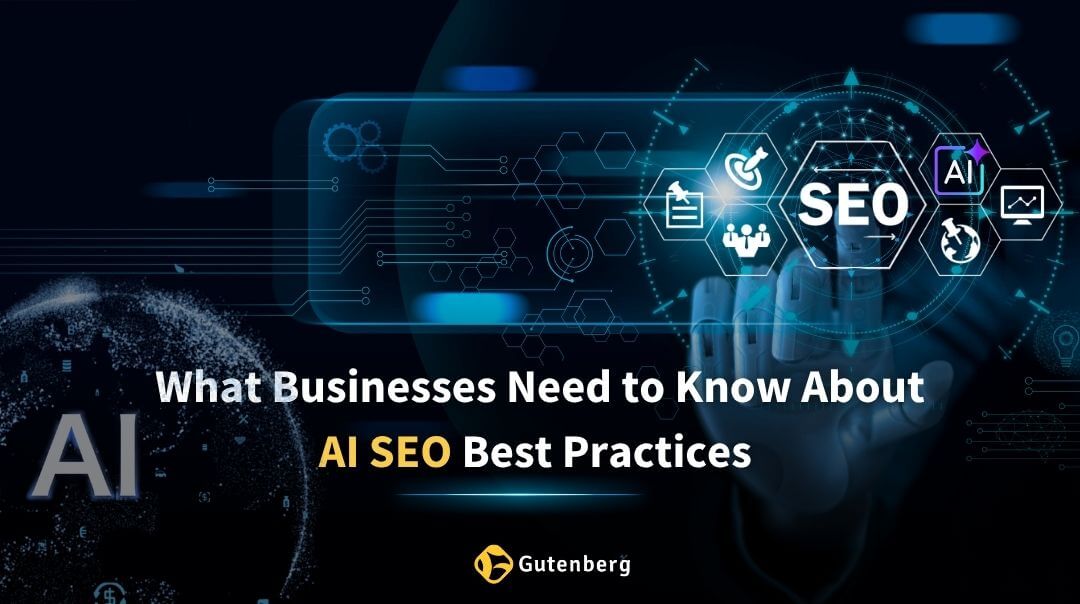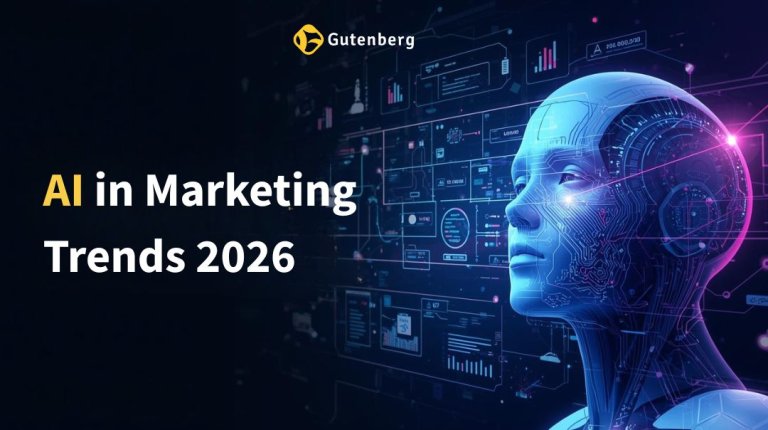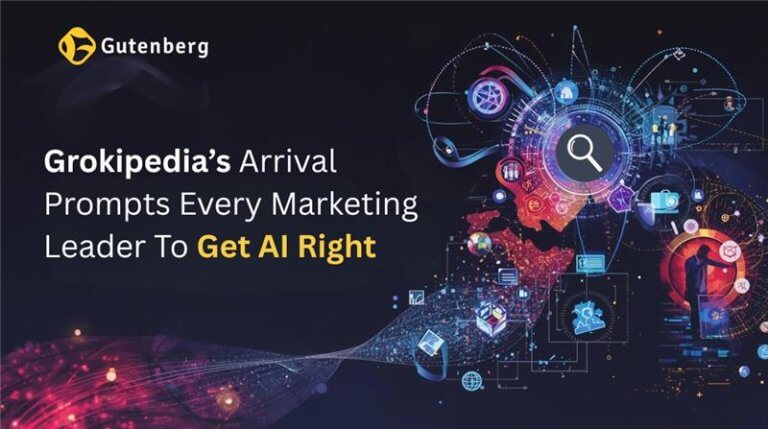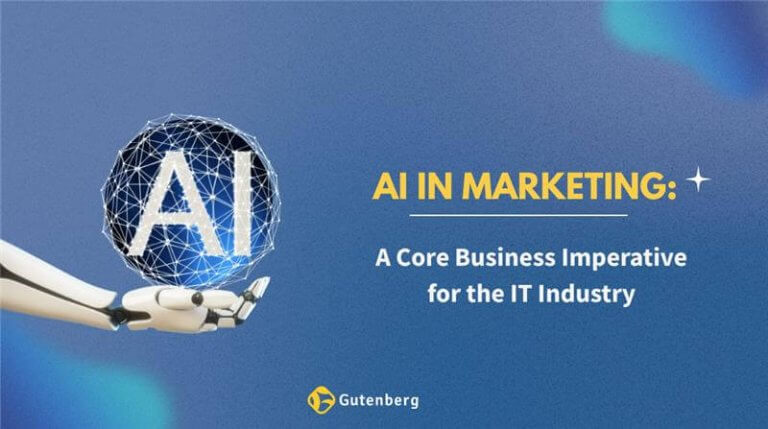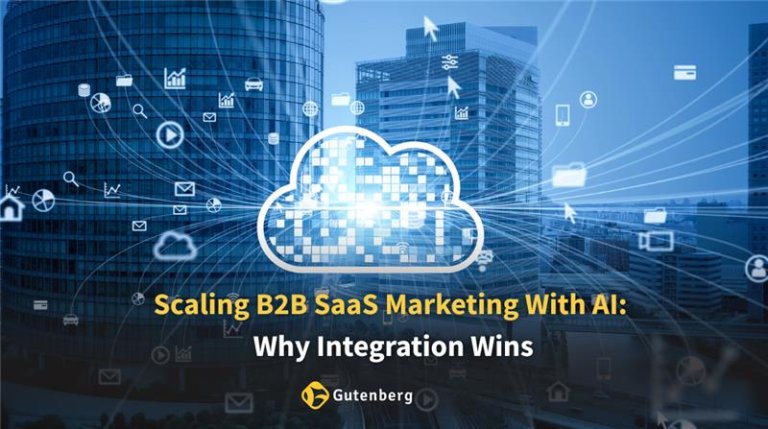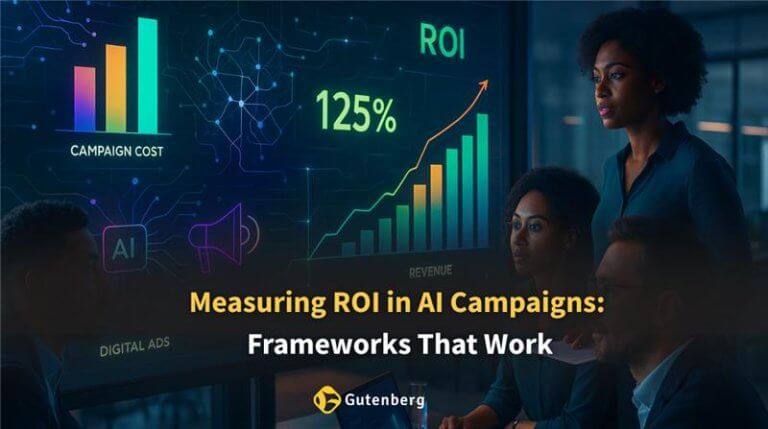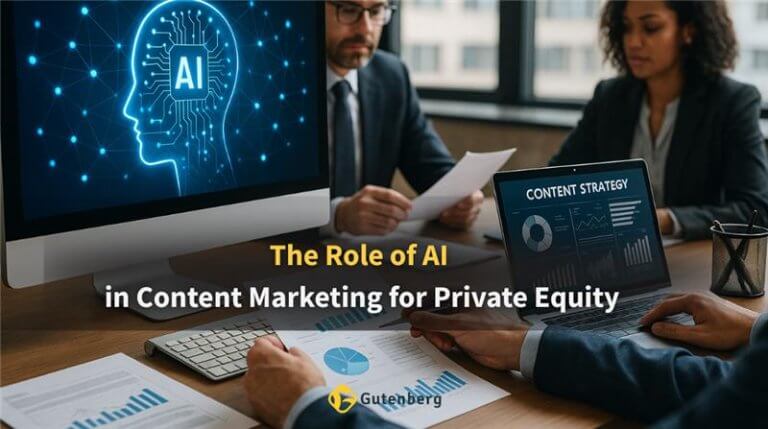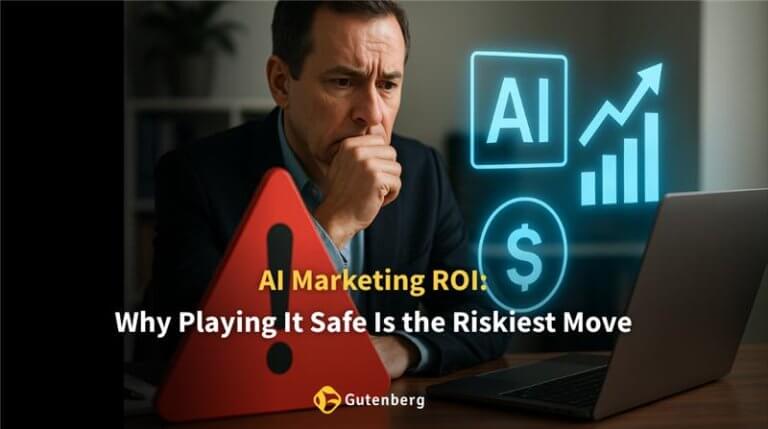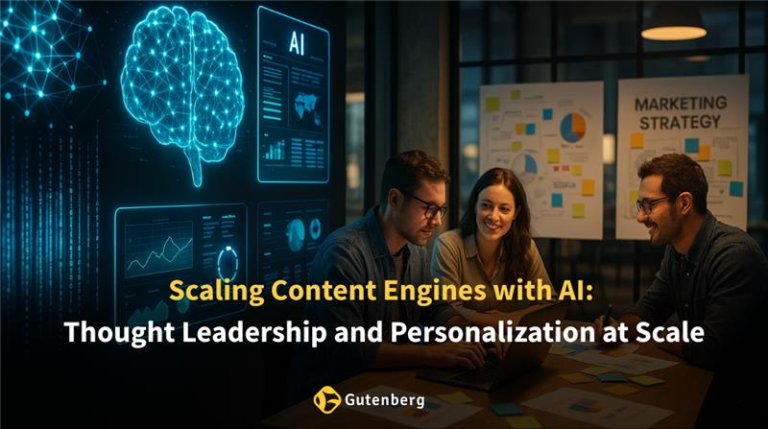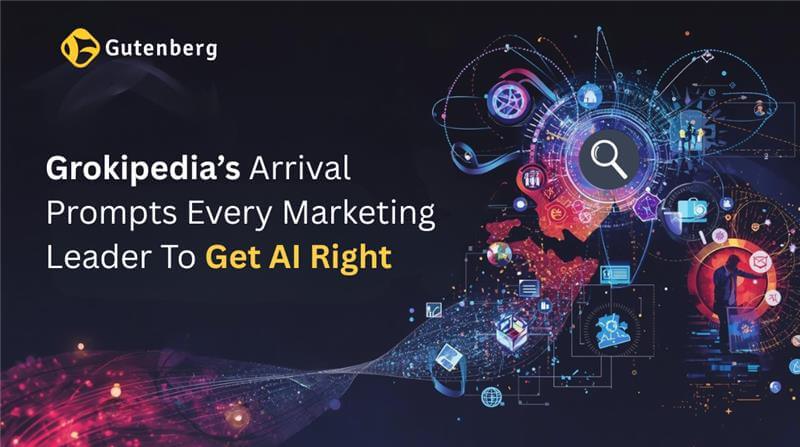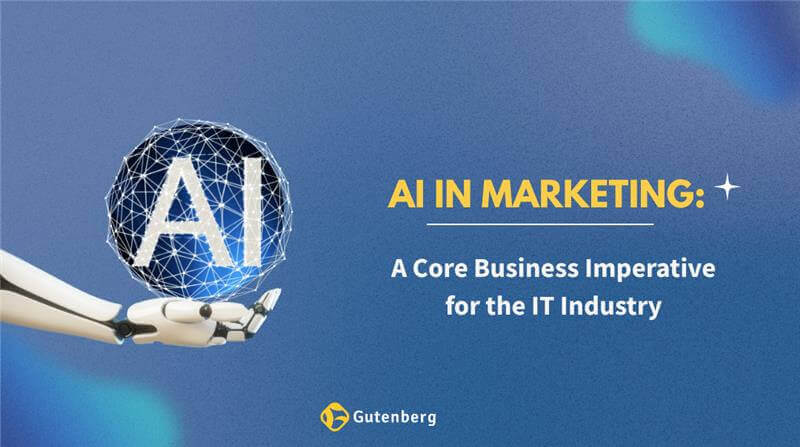Understanding AI SEO best practices is no longer optional for US businesses in 2025; it’s a survival skill. New generative engines, emerging AI ranking factors, and multimodal search experiences are rewriting the playbook. This guide covers exactly what you need to know:
- Essentials: Defining the essentials of AI-based search optimization
- Google SGE: How Google SGE and zero-click results upend old approaches
- Futureproofing: Steps to prepare your site for search engine optimization for AI
- Strategy: Strategic insights to stay ahead in the era of generative engine optimization
You’ll learn about trends, must-do tactics, and the action plan that puts your brand in front of users—no matter how AI defines the search path.
Why AI SEO Best Practices Matter More Than Ever
2025: The Age of Generative Engines
AI SEO best practices have jumped from trend to table stakes. Modern algorithms don’t just reward keywords—they now read, contextualize, and synthesize answers tailored for every individual. As a result, businesses that ignore AI-based search optimization fall further behind each year.
Key Stat:
86% of SEO professionals now integrate AI solutions into their workflow, showing a deep shift to AI-based search optimization.
What’s Driving the Change?
- Information-rich snapshots from Google SGE have replaced standard listings in 13.14% of US queries, and 88.1% of these are strictly informational.
- Up to 60% of Google searches result in zero-clicks—users get answers directly on the results page thanks to AI-driven panels.
- 65% of businesses report improved SEO since implementing AI-based search optimization.
AI SEO Best Practices in Action: What Has Changed?
AI-Based Search Optimization: Fundamental Shifts
- AI Models: Focus on answer generation and context, not just retrievable links.
- Multimodal Search: Voice, video, and images are now essential formats for visibility.
- Readability: Search engine optimization for AI means structuring content that’s trustworthy for machines and people.
Table: New Requirements for AI SEO Best Practices
| Category | New AI Requirements | Priority |
|---|---|---|
| Content | Expert depth, conversational, unique, frequently updated | Critical |
| Structured Data | Visible, correct schema, rich media | Required |
| Tech SEO | Mobile-optimized, rapid load, multimedia support | Mandatory |
| Authority Signals | Trust (E-E-A-T), authentic bios, high-authority links | Vital |
| Engagement | Dwell time, bounce rate, real user signals | Important |
Google SGE & Emerging AI Ranking Factors in 2025
What Is Google SGE?
Google’s Search Generative Experience now appears in more than 13% of search queries and often answers questions directly, especially modern, conversational ones. This introduces a spike in zero-click results and decreases reliance on classic organic listings.
AI Ranking Factors to Watch Closely
AI ranking factors aren’t just about metadata or URLs. Today they focus on holistic signals:
- E-E-A-T: Experience, Expertise, Authoritativeness, Trust
- Topic Clusters: Supporting citations and recognized authority
- Structured Data: Verified and up-to-date schema
- Rich Content: Multimedia, accessibility, and user-first features
Table: Core AI Ranking Factors (2025)
| Factor | Role in AI Search Optimization | Impact |
|---|---|---|
| E-E-A-T | Top ranking driver; critical to trust signals | Highest |
| Structured Data | Ensures AI inclusion, rich results | Essential |
| Content Originality | De-duplicates knowledge, boosts SGE odds | Crucial |
| User Experience | Speed, mobile, accessibility, responsive | High |
| Brand Signals | Mentions, authority, offsite proofs | Key |
Frequently Asked Questions – FAQs
1. What makes AI SEO different from traditional SEO?
AI SEO focuses on optimizing for generative engines and AI-driven ranking factors. Traditional SEO centers around keywords, backlinks, and on-page optimization, but AI SEO adds layers like conversational relevance, entity recognition, and multimodal content understanding.
2. Do businesses still need backlinks in AI SEO?
Yes, backlinks still matter, but context and authority weigh more heavily. AI engines assess the quality, topical relevance, and trustworthiness of linked sources rather than sheer volume.
3. How does Google’s SGE affect content visibility?
With Search Generative Experience (SGE), answers often appear directly within search, reducing click-throughs. Brands must optimize for featured snippets, conversational prompts, and AI citations to maintain visibility.
4. Is AI SEO only for large enterprises?
No, AI SEO benefits small and mid-sized businesses as much as enterprises. Companies of all sizes can use structured data, conversational content, and local optimization strategies to rank in AI-driven results.
5. How much does AI SEO cost in 2025?
The cost depends on what you need—whether that’s content updates, technical fixes, or a full AI-driven SEO strategy. At Gutenberg, we recommend tailored solutions because every business has different goals. You can request a quote here.
6. Can AI SEO fit into my current marketing setup?
Yes, it can. AI SEO is designed to enhance what you already do, not replace it. Our AI SEO services can work alongside your content marketing, paid campaigns, or analytics, helping you get more visibility without disrupting your brand’s flow.
7. What’s the first step to getting started with AI SEO?
The best first step is a website and content audit. From there, we can spot opportunities like structured data, faster page speed, or content clusters that support AI search. You can book a consultation with Gutenberg to see how this applies to your business.
8. Which industries benefit most from AI SEO?
AI SEO is useful across many sectors, but we’ve seen strong results in education, healthcare, e-commerce, technology, and B2B services. You can explore our case studies to see real-world examples.
9. Where are Gutenberg’s offices located?
Gutenberg works with clients worldwide, with teams in the US, Europe and India. If you’re looking to connect with a local team, head to our contact page and we’ll guide you to the right office.
Stay relevant as search evolves.
Let’s Build Your AI-First SEO Strategy Today

